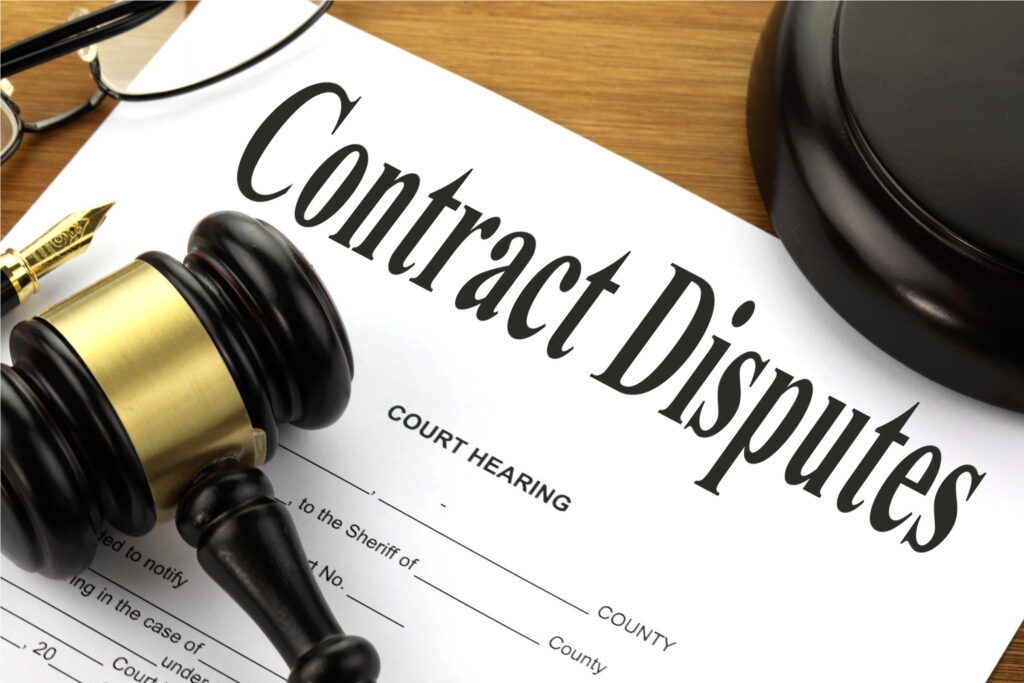Court: A License Is a Prerequisite To Recovering Contract Monies
By THOMAS H. WELBY, P.E., ESQ. and GREGORY J. SPAUN, ESQ.
In a previous column, we reminded contractors that where a license is required to perform work, it is also a requirement to recover in court for such unpaid work. In one case, an appellate court held that where the contractor entered into the contract for licensed work was not licensed, it was not able to recover—even though it performed that work with a licensed subcontractor.
In another case, Mikoma Electric, LLC v Otek Builders, LLC, the same appellate court reinforces this holding, effectively advising that Trump Village was not a one-off decision, and that the contracting party must indeed hold a license where one is required (for example, a home improvement contractor’s license) if it wishes to be able to resort to the courts to recover unpaid monies.

Contractors are reminded that where a license is required to perform work, it is also a requirement to recover in court for such unpaid work. In one case, a contractor that entered into the contract for licensed work was not licensed, and it was not able to recover—even though it performed that work with a licensed subcontractor.
In another case, Mikoma Electric, LLC v Otek Builders, LLC, the same appellate court reinforces this holding, effectively advising that Trump Village was not a one-off decision, and that the contracting party must indeed hold a license where one is required (for example, a home improvement contractor’s license) if it wishes to be able to resort to the courts to recover unpaid monies.
Background
Otek Builders was the general contractor for a number of construction projects for WeWork Companies in New York City. Otek subcontracted with Mikoma Technology of Power and Lights to perform electrical work with respect to a number of these WeWork properties, and it subcontracted with Mikoma Electic LLC to perform similar work at the other properties. Mikoma Electric was licensed by the city as an electrical contractor, but Mikoma Tech was not. Notwithstanding, Mikoma Electric pulled the permits for all of the WeWork properties—including those in Mikoma Tech’s scope of work—and its employees performed all of the work on both the Mikoma Electric and the Mikoma Tech projects. Further, Mikoma Electric’s employees were supervised on both projects by Mikoma Electric’s treasurer, who is a New York City Licensed Master Electrician employed by Mikoma Electric.
After the work was complete, Mikoma Tech filed mechanic’s liens for unpaid work (as did Mikoma Electric), and both commenced a lawsuit to foreclose those liens. Upon being served with the complaint, Otek moved to dismiss Mikoma Tech’s claims and discharge its liens, arguing that Mikoma Tech’s failure to obtain the required license was fatal to both the mechanic’s liens and its claims. In opposition to the motion, Mikoma Tech noted that the permits were pulled by the licensed electrical contractor (Mikoma Electric), the work was performed by its employees, and at all times the work was supervised by Mikoma Electric’s New York City Licensed Master Electrician.
Decision
The court dismissed Mikoma Tech’s claims and discharged its mechanic’s liens, holding that Mikoma Tech’s failure to obtain a license was fatal to maintaining either the mechanic’s liens or a lawsuit to recover for the unlicensed work. The court reinforced that an informal relationship between the unlicensed and licensed entities whereby the unlicensed entity performs the work using a licensed entity’s employees, permits, and licensed electrician was insufficient to bring the unlicensed entity into the licensure scheme to permit it to either file a mechanic’s lien, or a lawsuit, to recover for unpaid, unlicensed work.
Read the full Attorney’s Column in the January edition of CONSTRUCTION NEWS, www.cicbca.org
About the authors: Thomas H. Welby is an attorney, a licensed professional engineer and General Counsel to the CIC and the BCA. He is the Founder and Senior Counsel to the law firm of Welby, Brady & Greenblatt, LLP. Gregory J. Spaun is General Counsel to the Queens and Bronx Building Association, an attorney and a partner with WBG LLP.
